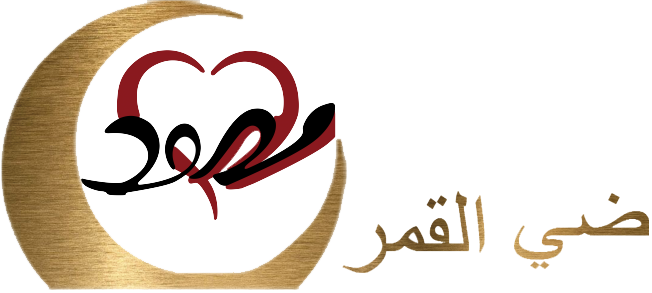Your Ultimate Guide To Wedding Design
As you probably know by now, planning a wedding is no easy feat. It involves more than choosing the right dress or deciding whom to invite. Design is also a crucial element of wedding planning. But how exactly does one “design” a day as special as a wedding? How different is wedding design from wedding planning? And do you really need to hire a wedding designer?
We will answer all these questions and more in this article.

Definition of Wedding Design
Wedding design involves laying down a cohesive and personalised vision for your wedding. Beyond colors, decorations, and motifs, design involves putting together all the persons and elements necessary for making a wedding theme work. Your wedding attire, venue, escort cards, invitations, napkins, floral arrangements — all of these are part of your wedding design.
Role of a wedding designer
As the title suggests, a wedding designer is concerned with the visuals or aesthetics of a wedding. Wedding designers are in charge of flowers, furniture, linens, attire, lighting design, and floor plans. Together with florists, lighting technicians, and photographers, wedding designers work towards perfecting the look and feel of your big day.
Meanwhile, a wedding planner acts like an advisor and heads the logistics of your wedding. They coordinate with suppliers, arrange timelines, and even help out with budgeting. They are involved in the earliest stages of planning the wedding up to the wedding day itself. Their job is to make sure that everything at the wedding runs smoothly. On the other hand, wedding designers will only supervise the installation of wedding decorations. Their job is limited to ensuring that everything at the wedding looks fabulous.
Essentials Of Wedding Design
Having a stunning wedding design has many perks besides making your dream wedding come true. One of them is having impressive and social media-worthy wedding photos. Another is wowing all of your guests and giving them a day to remember and cherish. Because design is so important, we’ve broken down the basics of wedding design for you.
Budget
Planning your wedding usually starts with setting important goals and limitations, especially when it comes to finances. Design should be factored into your budget because it touches on several aspects of the event, from invitations to attires.
In designing your wedding, it is advisable to invest in key elements, usually the ones that guests directly interact with or are surrounded by. Examples include the escort cards and table setting at the wedding reception. It is not wise to spend too much on things that most of your guests will not use or notice.
Mood boards and Inspiration
Deciding on a wedding theme is often a long process. But knowing what you like and do not like is a good starting point. To get started, you can create a wedding mood board (or design board) that contains pictures and text that capture the “mood” or atmosphere that you envision for your wedding day. You can make a physical mood board or a virtual one, but it is recommended that you print it so that you can see the details and easily add or remove elements.
It is nice to look for design ideas and inspiration online, but don’t forget to consult your partner. You can also get expert advice from your wedding planner and designer.
Colour palette
Nowadays, choosing a colour palette is no longer limited to choosing a color and its complement. Instead, picking a colour palette now means choosing a range of hues that will appear in your clothes, linens, cards, and flowers.
The colours of your wedding are usually the most striking element, so it is vital to choose colours that you and your partner both love. Remember that the colour palette is not limited to the decorations, but is also affected by the venue itself.
Venue
Choosing the perfect venue is part of the magic of wedding design. As we said earlier, the venue contributes a lot to the wedding’s overall visuals. If the wedding is by the beach, for example, hues of green and blue will naturally be added to the colour palette. That is why the venue must be considered when choosing the theme and colours of the wedding, or vice versa. Book a venue that will complement or even highlight the design elements of your wedding.
Vendors and other wedding professionals
As a future bride or groom, you will be extremely busy with a lot of decisions and errands in the months before your special day. Partnering with experts like florists, stationers, and rental companies will make your life easier, and your wedding more grand and organized. So, trust your vendors. After showing them your mood board and discussing key details, leave them to do their jobs.
Better yet, consider hiring a wedding designer who can do full planning for you. That way, you can focus on bigger decisions and on yourself.

